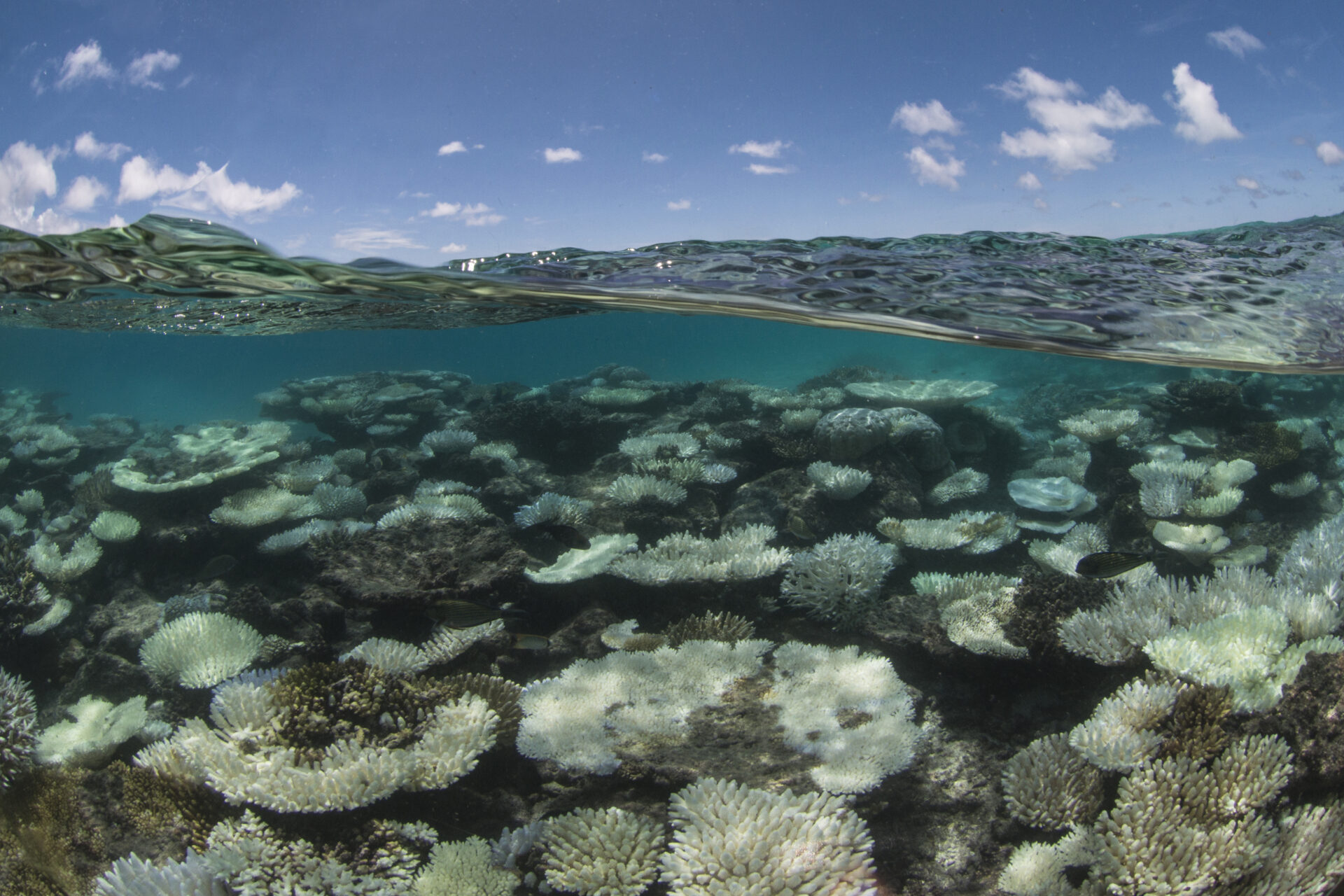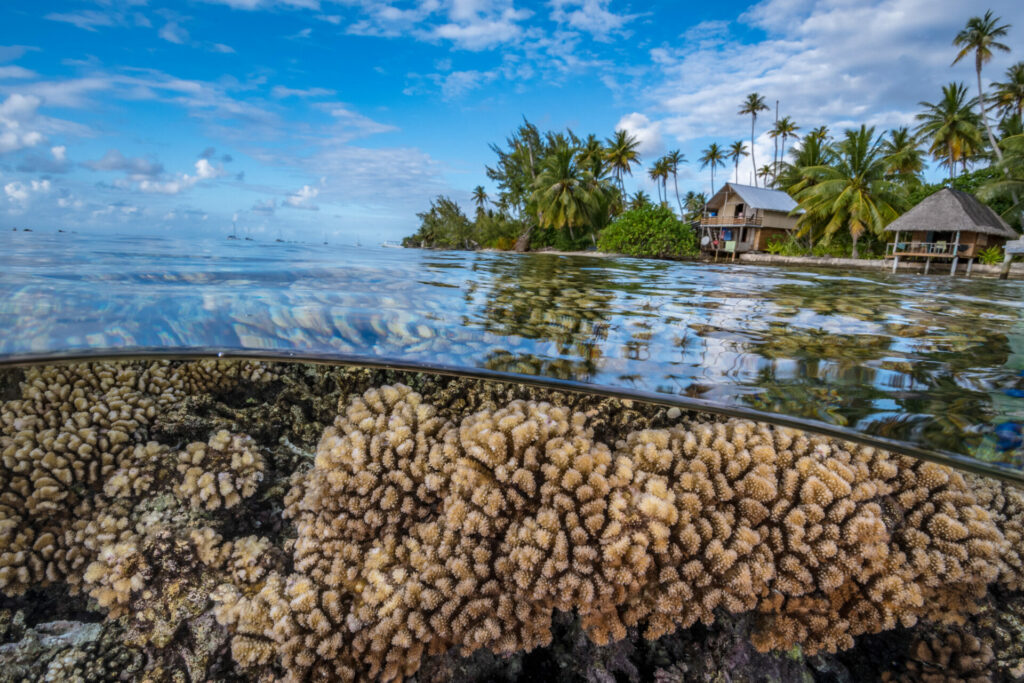Coral reefs are one of the great casualties of climate breakdown as these fragile ecosystems bursting with marine life are afflicted by pollutants and rising sea temperatures. Yet a recent study finds that reefs can adapt to climate change if they have time to evolve to new conditions.
Warming seas cause mass coral bleaching in which reefs turn a ghostly white because the organisms lose their vital functions. This has led to the loss of 14% of the world's coral reefs (more than the size of all Australia's reefs combined) between 2009 and 2018. However, these underwater ecosystems can adapt to climate change if given the chance to evolve, according to scientists from the Coral Reef Alliance, Rutgers University, and the University of Washington.
“Evolution happens when corals that have already adapted to new environmental conditions breed with corals that have not yet adapted,” Malin Pinsky, co-author of the study, explained.
Coral reefs are home to about 25% of all marine life and support as many as one billion people with food, income or coastal protection. Today, nearly 75% of all coral reefs are threatened by climate change and human activities.
Protecting reefs in hotter waters
Researchers stressed the need to preserve the diversity of coral reefs, which are among the most biodiverse ecosystems on Earth. The enormous variety of coral and animal species living on reefs is integral to their survival. To this end, researchers advocated a conservation approach that protects coral reefs at local, regional and global scales, allowing heat tolerance to spread.

Mass bleaching events are recurring more often, giving coral less time to recover. Credit: Ocean Image Bank
“As ocean temperatures rise, we need to keep corals in hotter waters healthy and protected so they can reproduce and spread their heat tolerance to other coral reef areas," Pinsky explained.
The study's authors even noted that, if effective action is taken imminently to address the effects of climate change, coral reef ecosystems may recover over the next century and thrive in the future.
Related News
- Climate experts call for increased international cooperation in high-emission sectors
- As the North Sea warms, experts predict a rise in algae and squid
“The best part about these results is that they underscore the importance of our actions at local scales – we don’t have to just sit back and watch coral reefs suffer as our climate changes,” said Madhavi Colton, lead author of the study.
Without concerted efforts to protect them, scientists predict that 99% of coral reefs will be lost by the end of this century. “It is imperative that we do what we can to save coral reefs now because we will be faced with combined global economic, humanitarian, and biodiversity crises if we do not," Helen Fox, conservation science director at the Coral Reef Alliance, said.

